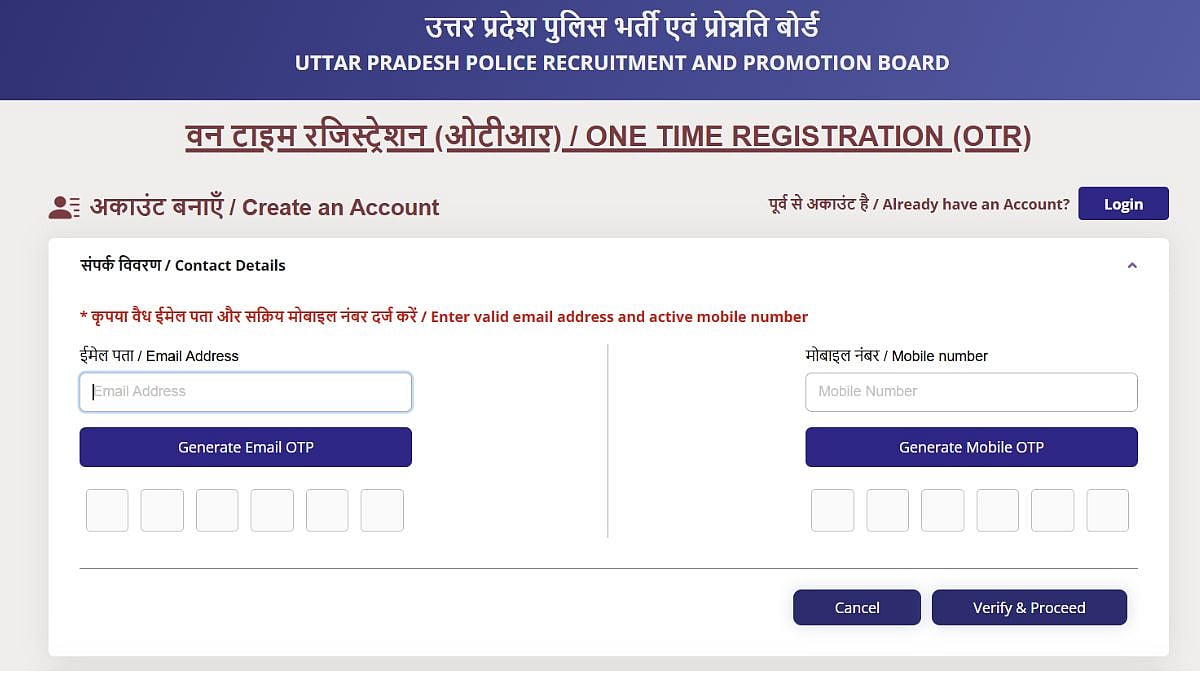Has it ever puzzled you how personalised ads seem to know exactly what you want? Behavioural economists leverage psychology to study consumer behaviour, creating targeted marketing strategies that resonate with you. For instance, when you shop online, algorithms analyse your preferences and purchasing history to suggest products you might like. This personalised experience is possible thanks to insights from psychology, which help businesses understand how to appeal to Gen Z's unique tastes. But that's not all—applied psychology takes and brings these insights into the real world, solving problems in schools, workplaces and beyond.
By studying psychology, one not only gains a deeper understanding of oneself and others but also opens up exciting career paths that can shape the world.
Historically, psychological studies were classified in the field of philosophy. Over time, however, psychology has evolved into a distinct discipline with many branches. Broadly, there are two tracks in psychology: The first is research, which involves experimentation, observations, testing and analysis to explore the underlying processes of human and animal behaviour. The second is using psychological knowledge to understand and treat mental, emotional and social challenges. The goal of both tracks is to help build a healthier society.
When studying psychology in the U.S., students can explore myriad academic programmes and specialisations tailored to their interests. One can choose psychology as a major or minor subject at the undergraduate level. Students are typically introduced to core psychology concepts such as cognitive, developmental and social psychology. Foundational courses will also include research methodologies, statistical tools for analysing data and lab work for experiential learning. They can also take elective courses in niche areas like forensic psychology, sports psychology, or health psychology, which provide insight into how psychological principles apply to these specific fields.
One of the most exciting aspects of studying psychology in the U.S. is the opportunity to explore interdisciplinary fields. For example, neuropsychology combines psychology with neuroscience to understand how brain function affects behaviour and cognitive processes. Health psychology intersects with the medical sciences to study how psychological factors influence physical health and well-being. Another fascinating intersection is human-computer interaction (HCI), which blends psychology with technology to design user-friendly interfaces and improve user experiences. Behavioural economics merges psychology with economics to study how cognitive biases influence financial decisions.
Studying psychology at the graduate level opens the door to several specialisations, each with its unique focus and career prospects. In clinical psychology, students learn to diagnose and treat mental health disorders, often undergoing extensive clinical training and internships in healthcare settings. Counselling psychology emphasises helping individuals navigate life's challenges, including personal, emotional and social issues. For those interested in advancing the field through research, experimental psychology offers the opportunity to conduct studies and analyse data to understand behaviour and cognitive processes. Graduate students also benefit from interdisciplinary collaboration, partnering with experts in neuroscience, data science, or even economics to address complex societal issues.
At the graduate level, psychology offers various pathways, including master's, PhD, and PsyD (Doctorate in Psychology). For students considering graduate studies in psychology, it is essential to clarify their career objectives. While there may be some overlap in coursework, the career outcomes of graduate-level psychology programmes can vary significantly. Master's programmes in psychology offer a more targeted and focused approach, allowing students to specialise in areas such as counselling, school psychology, or industrial-organisational psychology. These programmes typically take one to two years to complete and prepare students for entry-level positions in their chosen fields or further study.
A PhD in psychology is a research-intensive degree that takes five to seven years to complete. It is designed for students passionate about advancing the field through original research. Doctoral students often work closely with faculty on research projects, contributing to the development of new knowledge and theories in psychology. EducationUSA advisors frequently receive inquiries about choosing between a PhD in Psychology and a PsyD. Dr Pankhuri Aggarwal, a clinical psychologist and research scholar at the Family Institute at Northwestern University, provides insight into the distinction. Having earned her PhD in Psychology at Miami University, Dr Aggarwal explains, "If your passion lies in research and you can handle extensive research work, a PhD in Psychology is the ideal path." She also notes that "the PsyD programme is tailored for students aiming to practice clinical psychology."
Students pursuing a PsyD degree focus more on applied clinical training and practice. This programme usually takes four to six years and includes extensive clinical internships and supervised practice. PsyD graduates typically go on to work as licensed clinical psychologists, providing therapy and other mental health services to individuals, groups, or families. For students who eventually want to become licensed psychologists, just a degree in psychology is not enough. They must take the licensure exam conducted in two parts, the Examination for Professional Practice in Psychology (EPPP).
Finding internships is a crucial part of a graduate psychology student's journey. Internships provide valuable hands-on experience and opportunities for networking. This process can vary across institutions because some offer more active support than others. Dr Aggarwal suggests that students actively consult with programme advisors, internship/traineeship coordinators and career centres for in-house resources. Joining professional listservs—for example, the American Psychological Association (APA), the Association for Psychological Sciences ((APS) and the Associations of Behavioral and Cognitive Therapies (ABCT)— as well as relevant social media platforms (X, BlueSky, Mastodon, LinkedIn and Yahoo Groups), can help students learn about opportunities.
These diverse intersections open up unique career paths and research opportunities for students, allowing them to make meaningful contributions to their chosen fields. The multidisciplinary approach to studying psychology in the U.S. ensures that students receive a comprehensive education that prepares them for a dynamic and ever-evolving job market. As Dr Aggarwal aptly says, “The number of students pursuing higher education in psychology is on the rise globally. Over the past few decades, more and more individuals with marginalised identities have sought knowledge and training in the field and helped question some of the inherent biases and blind spots in the discipline. This is resulting in some difficult but much-needed conversations.”
Students should remember that applying to U.S. colleges and universities requires 12 to 16 months to research the right fit programme and universities, develop an application, take required standardised and English proficiency tests, develop an application essay, gather transcripts, acquire letters of recommendation, and more.
The author is EducationUSA adviser at the United States India Educational Foundation (USIEF) Mumbai












